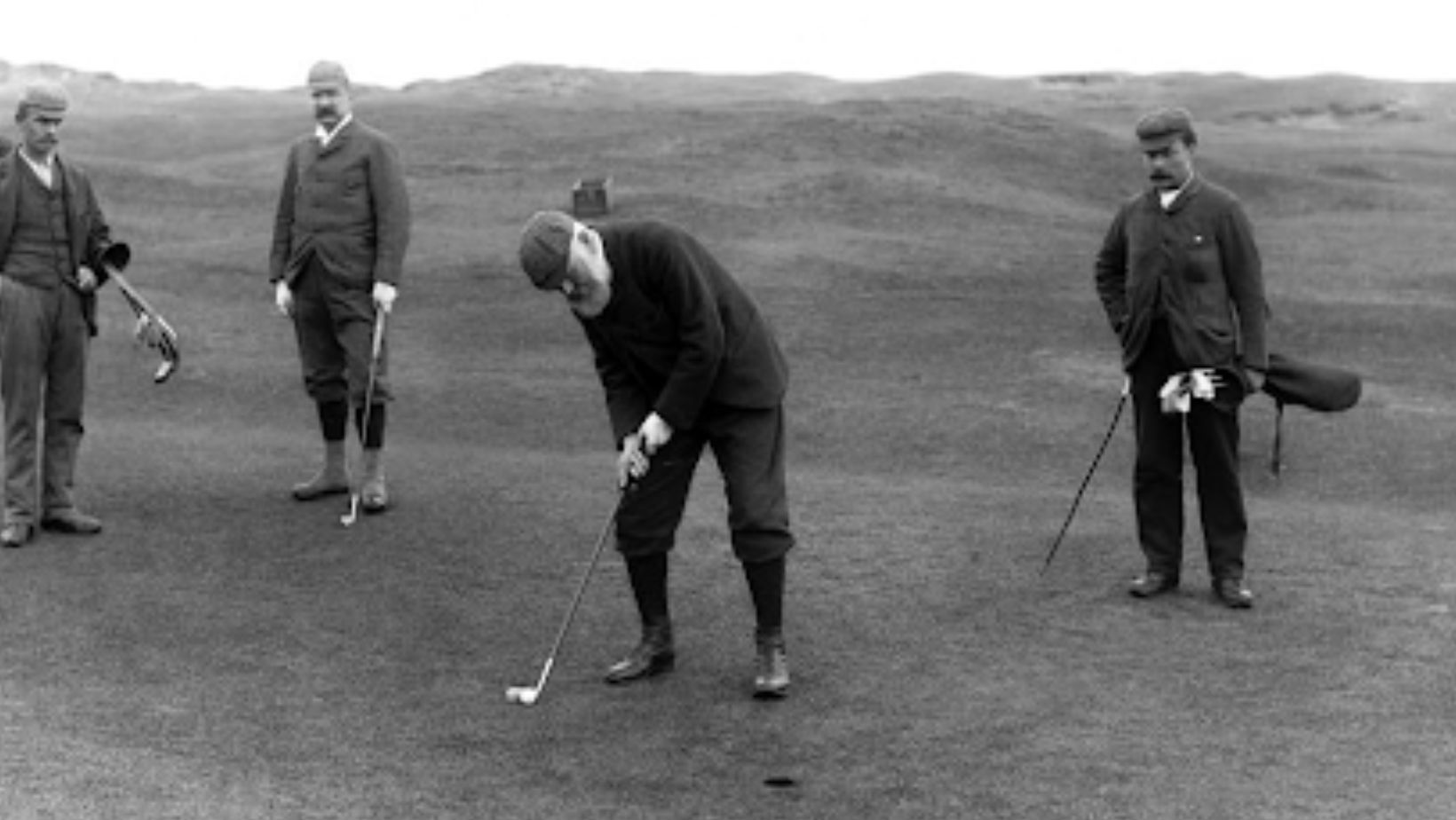Alberta is inching its way closer to having a regulated commercial gambling market like Ontario. Soon, it will expand its online gambling scene to allow multiple online casino companies to operate legally within the province.
It has confirmed it has broad plans to open up its market in line with Ontario’s. Commercial online gambling has injected an estimated CA$2.7bn into that province’s GDP. Alberta has indicated that an independent administrator for the commercial market would be appointed, and it is reported that First Nations interest will be involved in the online market.
Alberta’s Minister for Red Tape Reduction, Dale Nally, said,
“It’s going to be very similar to Ontario. We’re following their model as they build the roadmap. We’ll massage it a little bit, but it’s been inspired by the experience in Ontario. It’s going to be an open and free market.”
Currently, the province’s only officially regulated online gambling site is Play Alberta, which offers casino-style games, sports betting, and limited live dealer games. It is operated by the Alberta Gaming, Liquor and Cannabis Authority. However, in May, the provincial government passed its Red Tape Reduction Statutes Amendment Act (also known as Bill 16). This bill allows the provincial government to regulate and oversee iGaming. It could be the green light for online commercial gambling operators to set up in the province.

In the meantime, citizens in the province still love their iGaming and sports betting. While Play Alberta is the only official place to access commercial operators, most Albertans gamble at any of the vast number of sites that are already accessible from the province. As Canada turns a blind eye to people doing, citizens have already had a taste of what the top operators can offer.
A savvy Albertan can spot a great site from a dodgy one by consulting a review site. For example, Casino.org lists the leading Alberta casinos and steers players away from any that do not score well against its twenty-five-point scoring system. They rate everything from site security, customer service, and payment options to software providers, playability, offers, and bonuses.
It is unclear when Alberta will implement its new market. It is currently holding consultations and getting feedback from First Nation partners and Racing Entertainment Centre operators to explore and develop a comprehensive iGaming strategy.
While there is no set date for the market opening, it is just a matter of time and will definitely happen. The initial phase of the consultations has been wrapped up, and it will move forward once a final decision has been made. Quizzed by CBC News, Dale McNally told reporters that he did not have a yet because he had not taken anything to his cabinet colleagues yet. He stressed that they were doing it safely and responsibly. He indicated they would be moving quickly and were keen to capture a few dollars in the process. Chances are, it will be considerably more than ‘a few dollars’.
The Albertan government wants to bring grey market bets within its boundaries. The reasons for this are two-fold. Firstly, a regulated market offers citizens increased protection and helps keep unscrupulous operators at bay. Secondly, a portion of the profit flows into provincial government coffers in the form of license fees and taxes on corporate profits,
Since Ontario became the first Canadian province to launch its regulated market in 2022, the other provinces have been looking on and learning. The revenue attached to the model is not to be sniffed at. After the first year, gaming revenues in Ontario stood at an impressive $1.48 billion, according to iGaming Ontario’s 2023 report. The province now has 47 companies providing Ontarians with a choice of 77 gambling sites.
The challenge in Alberta is different from the one faced by Ontario. The authorities do not want to destroy what they already have that works. Ontario was aiming to drive all players to the new commercial market. Alberta already has a regulated platform that brings in revenue. McNally says that is around half of the market share. He says the goal is to eliminate the illicit market by having a healthy, regulated market for players and gamblers. While he acknowledges that gambling can never be 100% safe, he is keen to minimize potential risks to residents.
He clarified that the eventual setup could not mirror Play Alberta’s relationship with the AGLC, and there would have to be an independent regulator; otherwise, operators would not want to set up in the province. At the moment, the AGLC is both regulator and operator, which is acceptable for a state-owned entity but not conducive to a private, commercial market.
As the regulator holds extensive information about operating companies, the commercial companies would, in effect, be giving away their trade secrets to a competitor if regulated directly by the AGLC.

The government needs to find a way to conduct and manage iGaming within the province responsibly. While there are no exact figures for Alberta, the Ontarian government estimated that around 86% of gamers in the province are now using regulated sites. Before the launch of the current system, it was estimated that over 70% of gambling in Ontario was taking place on the grey market and at offshore sites.
As with timing, revenue details are still being worked on. It is believed the revenues would be funneled into general provincial revenue streams and not earmarked for particular projects. The revenue splits have also not yet been announced, but if Alberta follows the Ontario model, the province will take 20 percent of the revenues from the gambling websites. That translated into $790 million in the coffers last year. While Alberta has a smaller population, that is still a considerable addition to the budget. Obviously, there will be costs associated with administering the project, but it would appear to be a win-win business model for the province, the commercial operators, and the players alike.
It is clear that the numbers have to be right. Currently, the operators do not have to split their revenue, but if there are fewer, better operators, then those who are licensed should not see any drop in income. In fact, they could see a boost in their profits. With 72% of Albertans aged 18 and over gambling at least once a year, the overwhelming opinion is that the market cannot just be left as a free-for-all.




